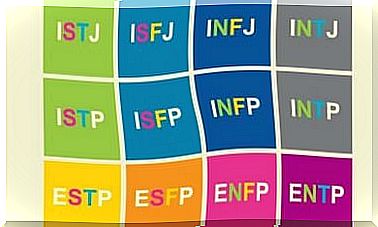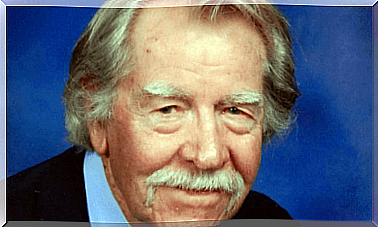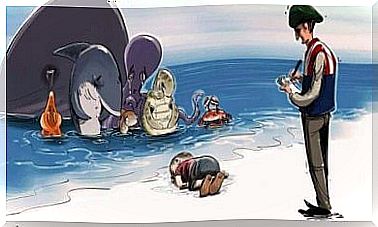Do You Know The Difference Between Stress And Anxiety?

Although anxiety and stress are similar conditions, they also have many differences. Some people still think that the words are synonyms, but as I said, it is entirely for the forest. Knowing the difference between stress and anxiety is not just a simple theoretical exercise; it requires true life experience that helps us to accurately identify the intensity and severity of these problems.
To make things even more difficult, there are many different types of both anxiety and stress. Sometimes we classify them based on intensity or symptoms. Psychologists talk, for example, about chronic stress or generalized anxiety disorder.
Other times, they are classified based on the source or cause. Some examples are workplace stress or separation anxiety.
However, all types of stress share a common factor, and the same goes for all forms of anxiety. To clarify this, we will take a look at some of the main differences between stress and anxiety.
When it comes to stress, the cause is easy to identify. Stress occurs when a person does not have (or does not think they have) the resources to tackle a problem. The same thing happens when there is a task or activity that needs to be performed.

Anxiety, on the other hand, has a more vague source. You often cannot identify the relevant threat or danger. In many cases, there is no objective reason for the person’s discomfort. Despite the lack of specific cause, the individual may still experience anxiety.
Anxiety, on the other hand, can be very sensitive to conditioning and expectation; it can be the result of stress or pressure.
Another element that is part of the difference between stress and anxiety is persistent emotions. Stress suggests anxiety. We can define it as a mixture of nervousness and frustration. It can include irritability and sometimes even sadness.
The persistent feeling that comes with anxiety, on the other hand, is fear. It is a feeling of impending danger that tends to get bigger, like a rolling snowball. We describe it as an invasive feeling that spreads and lasts over time.
It causes great damage to a person’s mood and state of mind. Fear leads to confusion and even mental blockages as well as paralysis in some serious cases.
In general, stress arises from external factors. Anxiety is in turn caused by internal factors. However, it is not always easy to see the difference between stress and anxiety purely causally; what marks the difference in each case is the presence or absence of external stimuli.
Specific incidents or situations trigger stress. It can happen at work, while performing a difficult task, due to you being moved from a specific place, etc.
Anxiety, on the other hand, is something that is most often triggered by the individual. The person creates and fuels catastrophic thoughts and outrageous emotions. It does not really matter what is going on in the environment.
Stress is too much of the present while anxiety is too much of the future. For someone who is stressed, the present can feel endless. They do not think they can get out of the current situation. They feel trapped and can see no way to change what worries them.
It is as if they are eternally doomed to suffer from the effect of what triggers stress.

With anxiety, the person is afraid of what might happen, but what has not happened yet. Or maybe something that actually happened, but that they can not do anything about. Often, however, they do not know what this “something” is. They are just expecting something catastrophic and cannot objectively evaluate their current situation.
They live according to the horrors that are on the horizon or that have already happened. They are obsessed with possible consequences without being able to influence them.
If a person’s stress trigger is to go to the dentist, his or her discomfort will disappear once he or she has been there. This is a distinct feature of stress – it disappears when its stimulus is gone or the conflict is resolved.
Anxiety tends to be persistent. If we use the example of the dentist from before, the anxiety will not disappear after the visit. The person may think that he will lose all his teeth. Another anxious thought is that you only experience the symptoms of a much worse problem. Anxiety fuels negativity and an overactive imagination.

If you can recognize the similarities and differences between stress and anxiety, it will be easier to identify what you are affected by. We recommend that you seek help if you suffer from stress for a long time, as it indicates a problem that is hurting you.
We also recommend that you talk to an expert if you think you have problems with anxiety – the vague fear that lacks end and beginning.









